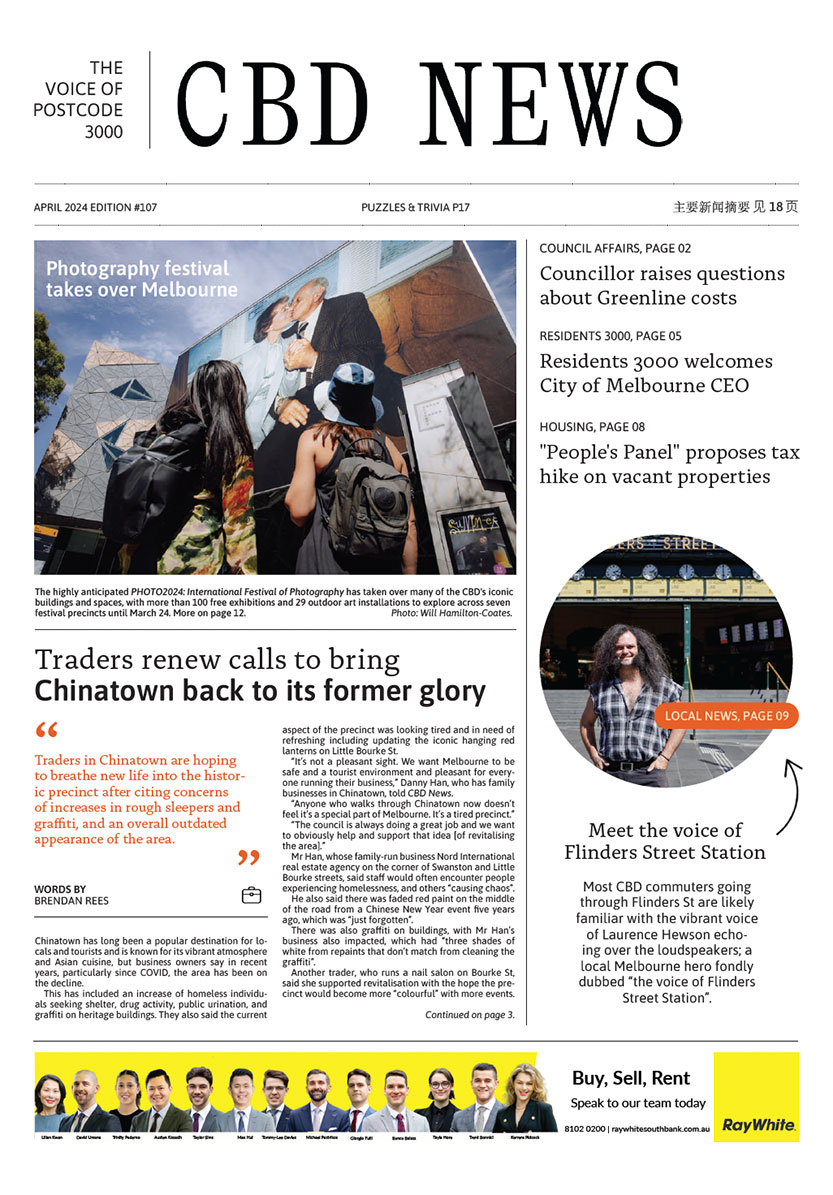Sharing and taking in vertical villages
By Janet Corcoran, apartment living expert
“Airbnb is not accommodation sharing, it is formalised lending. Uber is not ride sharing, it is a transportation service,” so writes John Harvey of the University of Nottingham.
And he continues, “The sharing economy is a harmful misnomer. It conflates people who actually share with those who make money through collaborative consumption.”
The sharing economy or, as others prefer to call it, the “collaborative”, “peer-to-peer” or “gig” economy continues to be a hot topic in our high density precincts. And interest has again been stirred by the recent release by the Parliament of Victoria of the Inquiry into the Owners Corporations Amendment (Short‑stay Accommodation) Bill 2016 (June 2017).
Here the Hon David Davis, MLC, chair, states: “The peer-to-peer economy is of growing importance but must be regulated properly to ensure that unintended and unforeseen impacts on others are properly and fairly managed.”
Others will, no doubt, be writing extensively on the rights and wrongs of this document, but its release raises again questions on the potential for sharing in our vertical villages.
Some of this potential was highlighted in last month’s Melbourne Conversation series where the topic was: “Will the real sharing economy please stand up?” During this event we heard from a range of speakers, including Kate Trumbull from Car Next Door (a service linking private car owners with those wishing to rent their vehicles), Julie Miller Markoff from bHive Bendigo (a co-operative which aims to help local enterprises and people “own” Bendigo’s sharing economy) and Erz Imam from depo8 (a co-working space for small business and creatives). All of these presenters were, unsurprisingly, proponents of the sharing economy.
However, we also heard from Associate Professor Trebor Scholz from The New School, NYC – a scholar-activist who is significantly less enthused about the current sharing economy.
In his latest book, entitled Uberworked and Underpaid: How Workers Are Disrupting the Digital Economy Prof Scholz writes about the rise of digital labour and looks at companies like Uber and Amazon Mechanical Turk and their promise of worker autonomy, choice and flexibility. He argues that these companies are thriving at the expense of employment and worker rights and calls for a stop to wage theft and “crowd fleecing”.
Interestingly, however, Prof Scholz is not a Luddite, wishing for the return of by-gone days. Rather, he advocates for a rethink and suggests that workers band together and themselves own the technology underpinning the sharing economy. He terms these technologies “platform co-operatives” and they already exist in the likes of Stocksy United and Green Taxi Co-operative (and in fact, the previously mentioned bHive is more aligned with this approach).
As regards vertical villages, the notion of a residential co-operative is well established in cities such as New York and there are many stories about prospective owners having to gain approval from difficult boards, meet rigorous income standards and abide by stringent “house rules” when renovating or selling.
Our state, however, operates differently, leaving the question as to how co-operatives (platform or otherwise) could benefit vertical dwellers.
One suggestion involves collective procurement. This is based on the reality that as apartment dwellers, most especially those in the same building, we have much in common – the same size windows and sliding doors and the same timeframe for replacing/updating electrical fixtures (like stoves and dishwashers).
By banding together, our purchasing power could be significant (we are fast approaching the 200,000 mark just in the CBD, Docklands and Southbank). Of course there are costs involved, principally in terms of negotiating the deals and administering the online platform. This is where using a co-operative structure, based upon paid membership, may appeal as the “free rider” syndrome (i.e. people who don’t contribute but receive the benefits) can be managed.
This is admittedly an old notion with a new twist, specifically an enabling platform – but isn’t that really what the sharing economy actually is?
If you would like links to the research or organisations mentioned, please visit and like SkyPad Living on Facebook.

Backloading across borders with Transcorp – navigating interstate moves with ease



 Download the Latest Edition
Download the Latest Edition